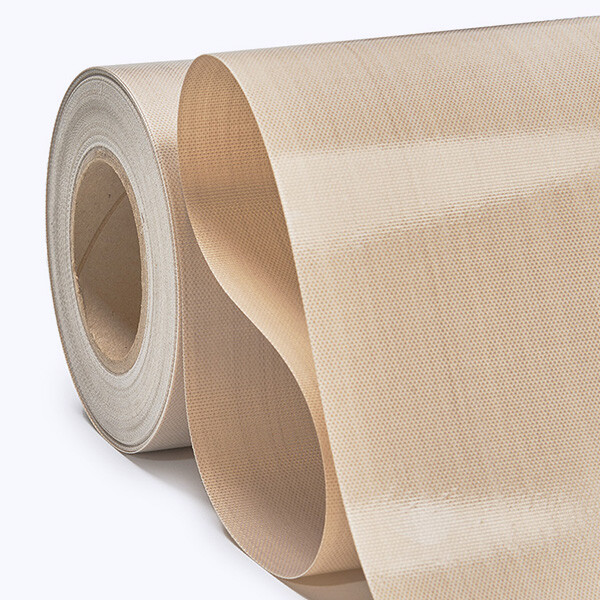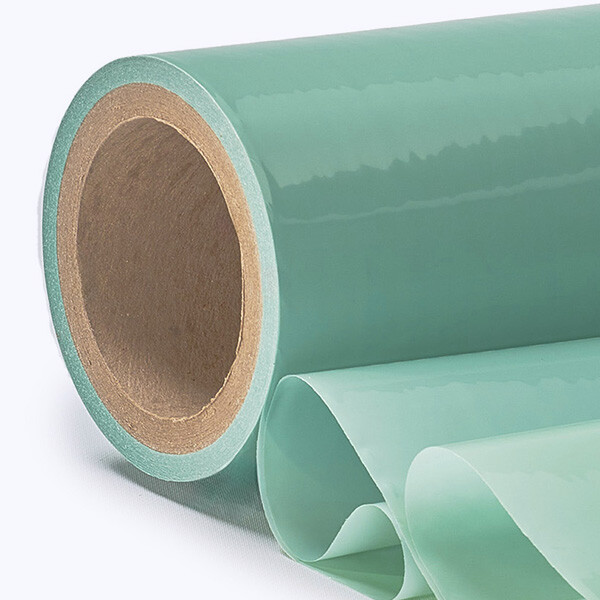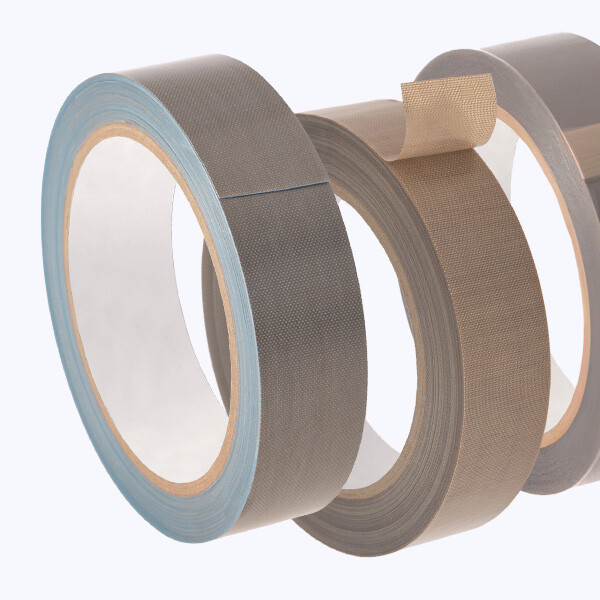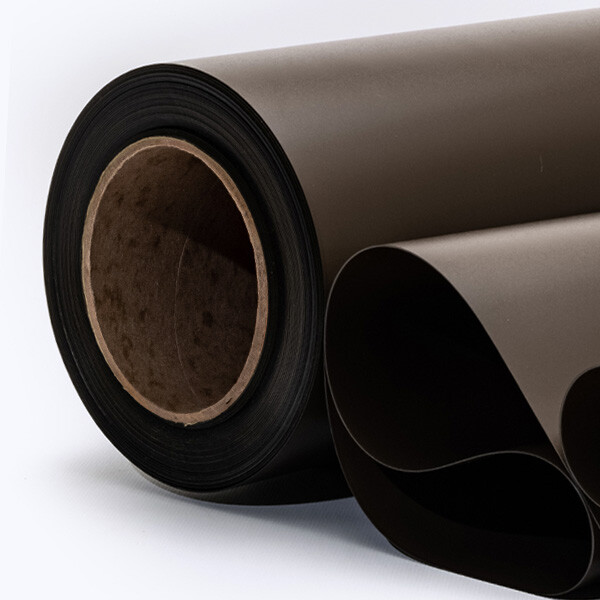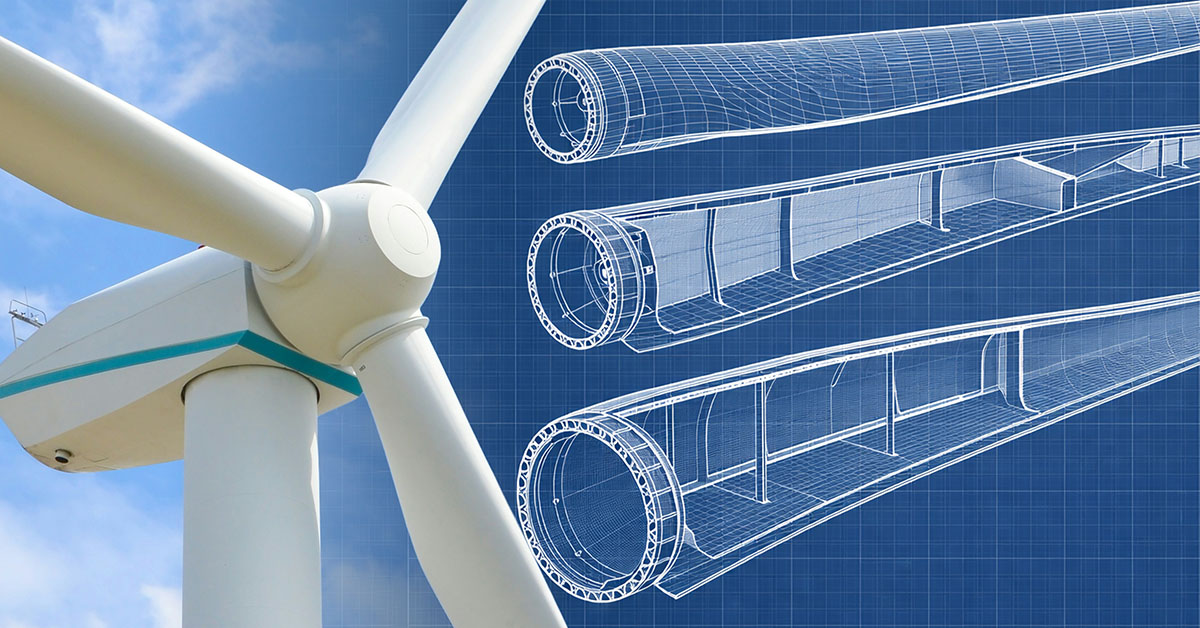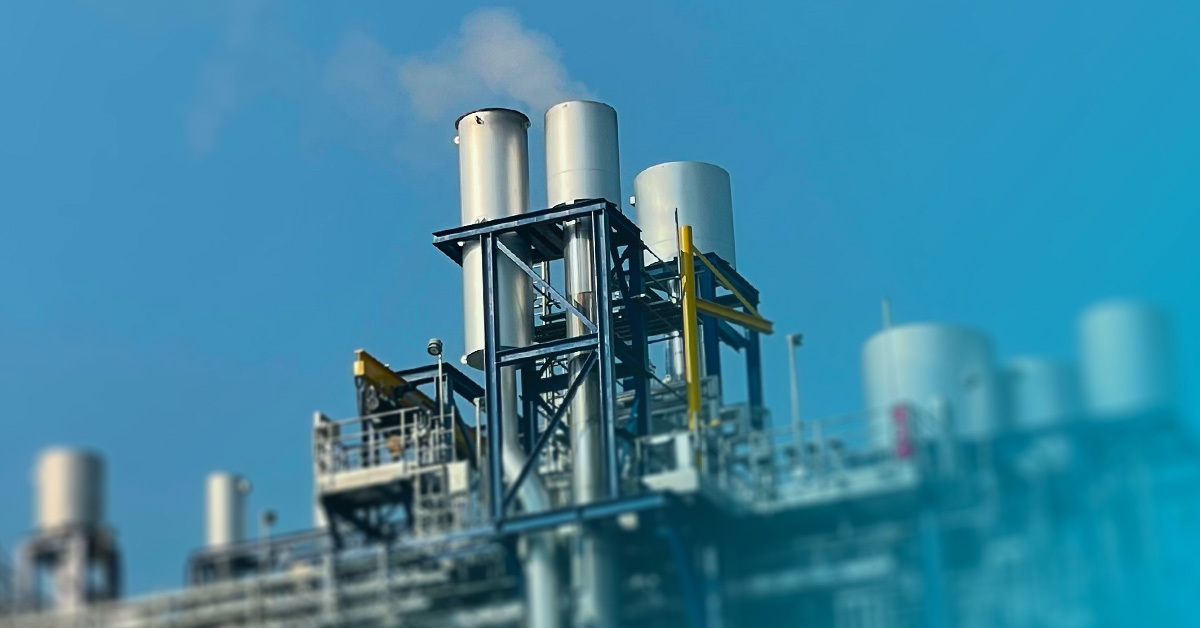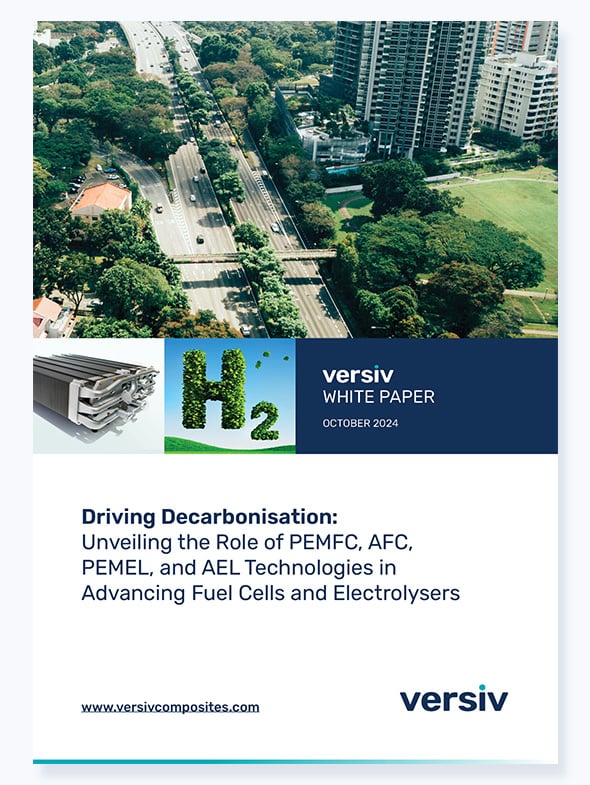
As AI-driven data centers push the limits of speed, reliability, and uptime, the choice of materials in cables and routers has become a mission-critical business decision. Signal loss, thermal instability, and downtime can cost millions-making advanced composites a strategic investment, not just a technical upgrade.
AI services routers are smart devices that use artificial intelligence to automatically optimise network performance, enhance security, and manage connected devices by learning from network activity and adapting in real time.
The volume of computing demands of AI routers requires a high degree of signal fidelity and thermal stability- qualities that advanced composite materials can deliver. Among these, PTFE-based composite materials have emerged as a key solution for next-generation network architecture, providing performance characteristics that enable reliable high-speed data transmission across ever challenging environments.
The growing complexity and intelligence in network devices place increasingly heavy demands on the materials used to build them. They must address issues associated with high temperatures, extreme humidity, intense electromagnetic interference, mechanical stress, and chemically aggressive or abrasive conditions.
Benefits of PTFE for Electronics Applications
Superior Dielectric Performance
PTFE's inherent characteristics make it well-suited for high-performance electronic applications, particularly in environments demanding consistency across extreme conditions.
The advantage of PTFE lies in its dielectric properties, namely its remarkably low dissipation factor (DF) and dielectric constant (DK).
- Dissipation factor (DF) is a measure of how much electrical energy is lost as heat in an insulating material when it is subjected to an alternating electric field.
- Dielectric constant (DK) is the ratio of a material’s ability to store electrical energy in an electric field compared to that of a vacuum.
These properties inherent to PTFE directly impact signal integrity in high-speed data transmission. Lower dissipation factor means reduced signal loss, while a stable dielectric constant ensures predictable electrical performance across varying frequencies and environmental conditions.
Thermal and Environmental Stability
AI service routers operate across increasingly wide temperature ranges, particularly as computing infrastructure extends to edge environments away from climate-controlled data centers. PTFE composites maintain consistent performance across both low and high operating temperatures.
The material doesn't allow moisture to accumulate and remains mechanically, physically, and chemically stable at very low and very high temperatures without really having a negative influence on the dielectric properties. This stability is vital for quantum computing applications.
This material selection means reducing cooling costs and preventing costly outages due to overheating.
Safety Performance Factor
PTFE's inherent non-flammability provides a natural advantage that contributes to overall system safety without compromising electrical performance. If lean, simple components are used, the products are maintained as basically inflammable. This property is also achieved without flame-retardant additives that might compromise other performance characteristics.
Manufacturing Excellence as a Differentiator
Creating homogeneous PTFE films of the highest quality requires advanced manufacturing expertise and precise process control. The unique properties of PTFE demand a level of precision and technical know-how that sets it apart from other materials. This expertise not only ensures superior performance in the final product but also serves as a distinguishing factor in the industry-making high-performance PTFE films a benchmark that not all manufacturers can achieve.
Consistency Across Production
The demanding applications of AI service routers require materials with consistent properties not just within a single product but across entire production runs.
This consistency ensures that electronic designers can rely on predictable material performance when developing next-generation network infrastructure.
Partnership Throughout the Value Chain
Complex electronic systems require collaboration throughout the supply chain. While material manufacturers may be several steps removed from end-users, their expertise remains critical to enabling final product performance. Versiv Composites expertise enables downstream customers to develop electronics-oriented products that meet increasingly demanding specifications.
As AI computing infrastructure continues to grow, demands on materials will continue to increase. Next-generation networks will require more signal integrity, wider operating temperature ranges, and greater reliability – and innovation in materials science will be important in meeting the challenge.
Discover how Versiv advanced PTFE composites can help you achieve superior signal integrity, reliability and safety in your next data center or AI router project. Contact our Technical Team today


